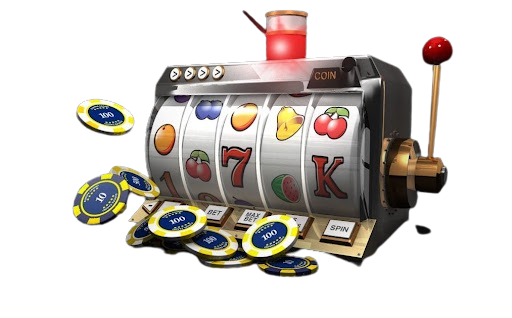Introduction:
Gaming has transcended mere entertainment to become a cultural phenomenon that captivates millions around the globe. From the early days of Pong and Tetris to the modern era of photorealistic graphics and virtual reality, the evolution of gaming has been nothing short of extraordinary. In this article, we delve into the diverse landscape of gaming, exploring its history, technological advancements, and the profound impact it has on society.
The Early Days:
The history of gaming can be traced back to the 1950s and 60s when computer scientists began experimenting with simple games like Tic-Tac-Toe and Spacewar! These rudimentary creations laid the groundwork for what would eventually become a multi-billion dollar industry. The 1970s saw the birth of arcade games like Pong and Pac-Man, which became instant classics and paved the ASTONSLOT way for the home gaming revolution of the 1980s.
The Rise of Home Consoles:
The introduction of home consoles such as the Atari 2600 and the Nintendo Entertainment System (NES) brought gaming into the living rooms of millions of households. Iconic titles like Super Mario Bros., The Legend of Zelda, and Sonic the Hedgehog became synonymous with gaming culture, shaping the childhoods of an entire generation. As technology advanced, so too did the complexity and scope of games, leading to the emergence of genres like role-playing games (RPGs), first-person shooters (FPS), and real-time strategy (RTS) games.
The Digital Age:
The advent of the internet in the 1990s revolutionized gaming once again, ushering in an era of online multiplayer experiences. Games like Doom and Quake popularized the concept of competitive multiplayer gaming, laying the groundwork for the esports phenomenon that would emerge decades later. The 2000s saw the rise of massively multiplayer online games (MMOs) like World of Warcraft, which boasted millions of players exploring vast virtual worlds together in real-time.
The Mobile Revolution:
The proliferation of smartphones in the late 2000s sparked another revolution in gaming, as developers began creating games specifically tailored for mobile devices. Casual titles like Angry Birds and Candy Crush Saga became global sensations, appealing to audiences of all ages. The accessibility and convenience of mobile gaming helped broaden the appeal of gaming even further, blurring the lines between traditional gamers and casual players.
The Future of Gaming:
Looking ahead, the future of gaming promises even more innovation and immersion. Advancements in virtual reality (VR) and augmented reality (AR) are poised to redefine the gaming experience, allowing players to step into fully realized digital worlds like never before. Meanwhile, technologies like cloud gaming and streaming services are making gaming more accessible than ever, enabling players to enjoy high-quality gaming experiences on a wide range of devices.
Conclusion:
From humble beginnings to a global cultural phenomenon, the evolution of gaming is a testament to human creativity, ingenuity, and imagination. With each technological leap forward, gaming continues to push the boundaries of what is possible, captivating audiences and bringing people together in ways that were once unimaginable. As we look to the future, one thing is certain: the world of gaming will continue to evolve, innovate, and inspire for generations to come.